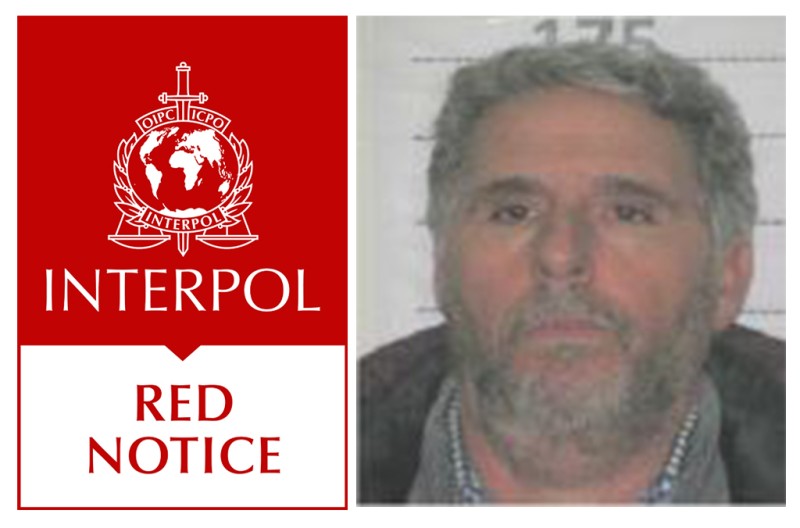Italian authorities say he is a leader of southwest Italy's ‘Ndrangheta mafia and has been called the Cocaine King of Milan.
Morabito, they say, has been involved in organized crime since the late 1980s. In the early 1990s, he moved to Brazil under a fake identity, passing himself off as a Brazilian national involved in agribusiness.
Later Morabito established himself in Uruguay, a small country south of Brazil. Police say he lived a swanky life in the city of Punta del Este, known as a resort for Latin and North American jet-setters and tourists.
Although Morabito was on Interpol’s list of the world’s most wanted criminals, he managed to stay under the radar until 2017, when he apparently used his real name to register his daughter at school. Uruguayan authorities arrested him in the lobby of a hotel in Montevideo, Uruguay's capital.
After serving two years in a Montevideo prison, Morabito and three other foreigners escaped just before he was to be extradited to Italy, the Uruguayan Interior Minister said.
Uruguay’s director of prisons, Alberto Gadea, resigned during investigations into which prison officials were involved in the escapes.
Morabito was arrested again in May 2021 in northern Brazil, OCCRP reported.
Morabito had been sentenced in absentia to 30 years after being convicted by Italian courts of four counts related to international drug trafficking and involvement with a mafia-type criminal organization, ‘Ndrangheta.
Morabito’s lawyer has tried to block the extradition process, even seeking political asylum for him. Supreme Court judges have said that the sentences imposed by Italian courts are common crimes, not political ones, adding that “Italy is a democracy.”
Morabito’s future is now in the hands of Brazilian President Jair Bolosonaro, who may or may not authorize the extradition.






